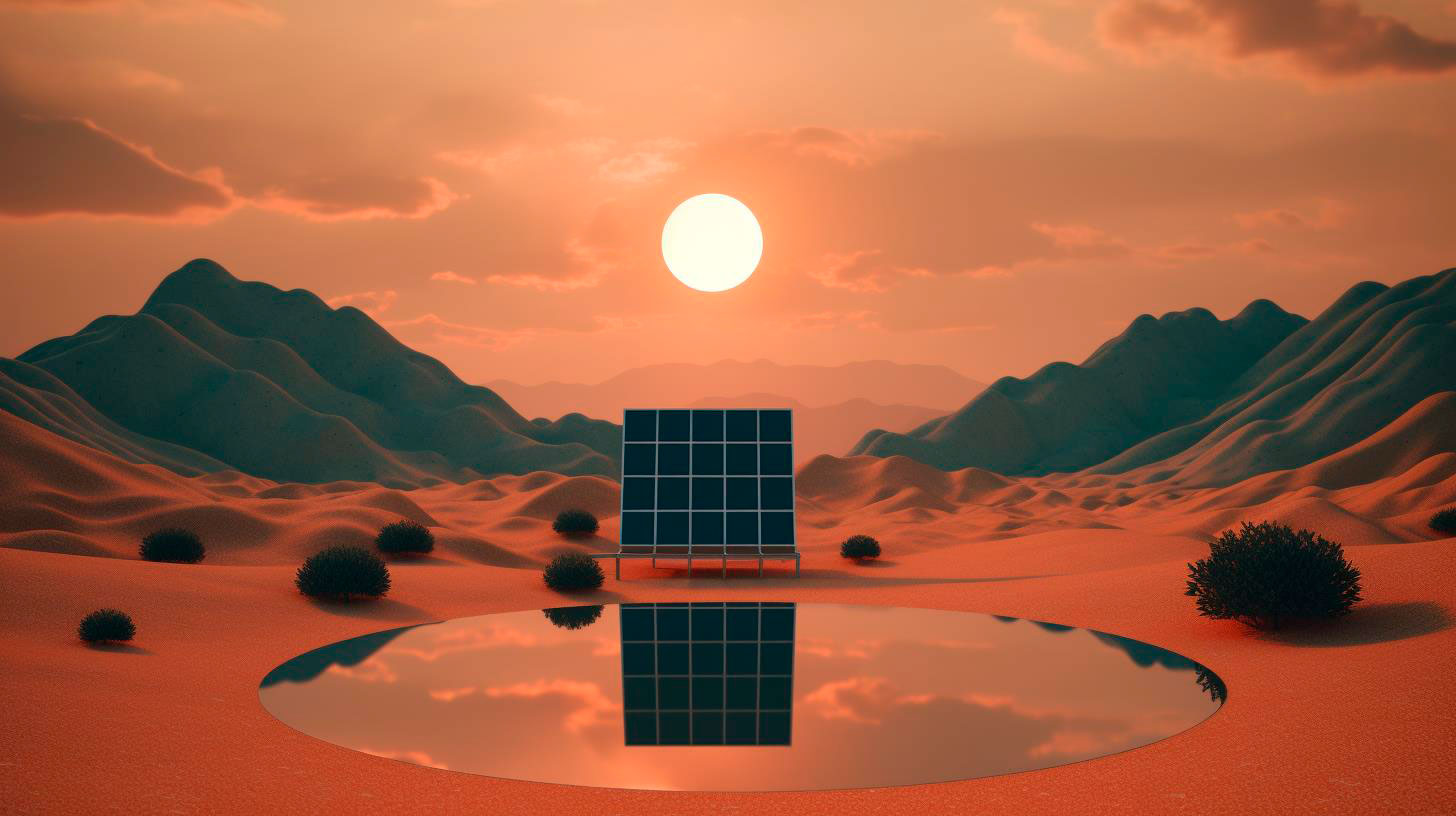Revolutionizing Farming: Solar Energy and Irrigation Solutions
This combination not only revolutionizes farming practices but also paves the way for sustainable and efficient agricultural production.
The Power of Solar Energy in Farming
Solar energy is a renewable source that harnesses the power of the sun to generate electricity. Integrating solar panels into farming activities can provide numerous benefits:
- Reduced Energy Costs: Adopting solar energy systems allows farmers to generate their own electricity, saving them substantial amounts on energy bills.
- Increased Energy Independence: By relying less on the traditional power grid, farmers gain greater control over their energy supply and reduce vulnerabilities to blackouts or price fluctuations.
- Environmental Sustainability: Solar energy produces zero greenhouse gas emissions, fostering a clean and sustainable farming environment.
- Government Incentives: Many governments provide tax incentives and grants to promote solar energy adoption in the agricultural sector, making it an economically viable choice for farmers.
According to the National Renewable Energy Laboratory, solar photovoltaic (PV) systems can provide electricity for almost 70% of farming operations. Additionally, the American Council on Renewable Energy reports that the adoption of solar energy in agriculture has the potential to reduce carbon emissions by 30 million metric tons annually.
Advanced Irrigation Solutions for Efficient Water Management
In arid and water-scarce regions, efficient water management is critical for successful farming. Traditional irrigation methods often lead to water wastage and inefficient use. However, cutting-edge irrigation solutions offer innovative ways to overcome these challenges:
- Drip Irrigation: This method delivers water directly to the roots of plants, minimizing evaporation and optimizing water distribution. It can reduce water usage by up to 60% compared to traditional methods.
- Sensor-Based Irrigation: Sensors placed in the soil monitor moisture levels and provide real-time data on watering needs. This approach ensures that crops receive adequate water without over-irrigation.
- Smart Irrigation Controllers: These controllers use weather data, soil moisture levels, and plant water requirements to optimize irrigation schedules, minimizing water waste.
According to the Food and Agriculture Organization of the United Nations, adopting these advanced irrigation technologies could potentially reduce water usage in agriculture by 50% globally.
Key Takeaways
The integration of solar energy and advanced irrigation solutions has the potential to revolutionize farming practices worldwide. Here are the key takeaways:
- Solar energy reduces farming expenses, increases energy independence, and promotes environmental sustainability.
- Advanced irrigation solutions optimize water usage, minimize wastage, and improve crop productivity.
- Government incentives and grants encourage the adoption of solar energy in agriculture.
- The combination of solar energy and efficient irrigation systems enhances farm profitability and resilience.
As the agriculture sector continues to evolve, embracing these innovative solutions is essential to support sustainable farming practices, reduce environmental impact, and ensure food security for future generations.
For more information, you can visit the official website of the National Renewable Energy Laboratory.
